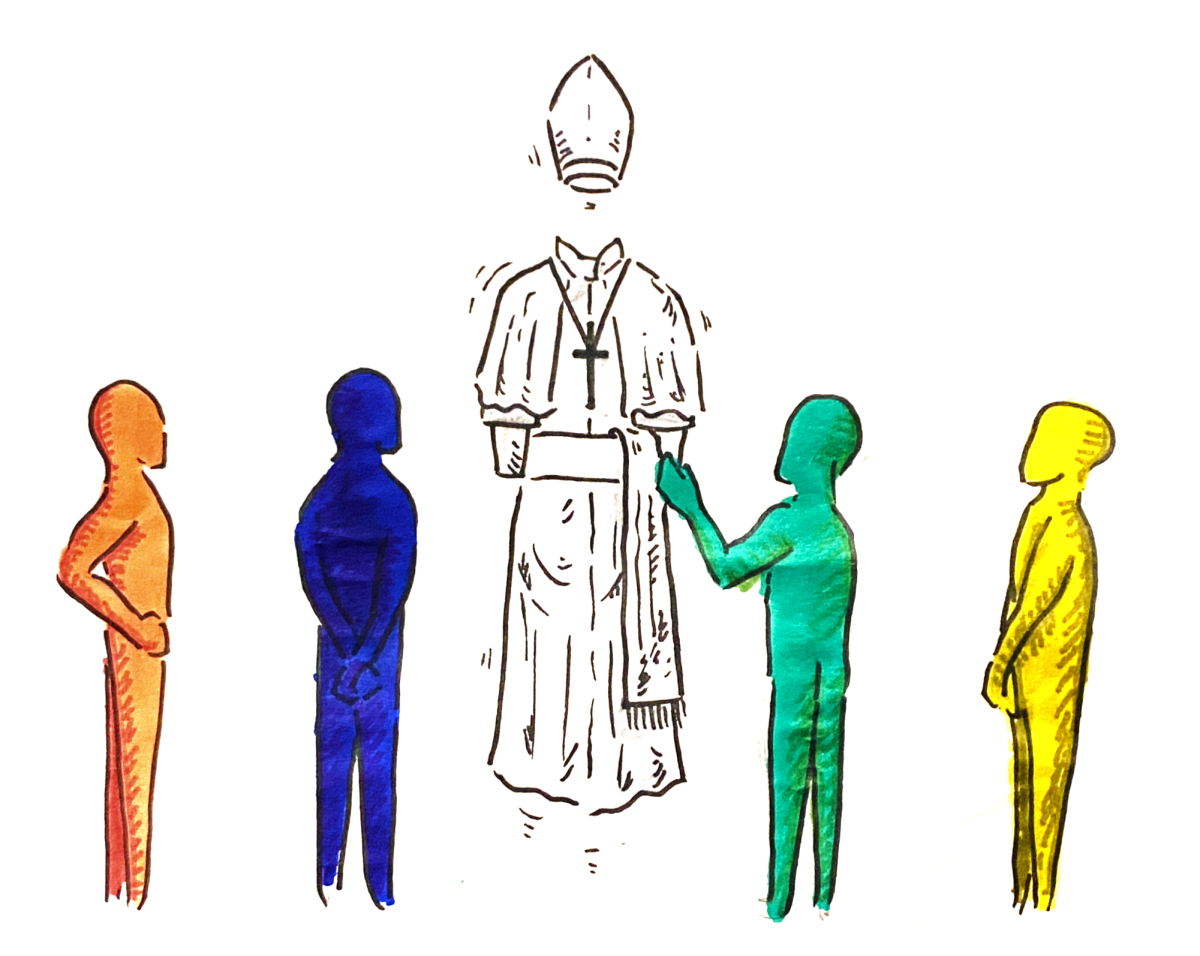Last Thursday, the Preston Lecture left me momentarily outraged. In the private Q&A portion following the lecture, the speakers argued that universities should never restrict speech. When I asked them if they thought “calling for the genocide of Jews” would be sufficiently hateful to be worthy of a ban, they responded simply: no.
After I took a few minutes to allow the red haze that clouded my vision to disperse, I tried to understand why the professors might resist such a ban. I finally came to a conclusion: once you start restricting “hate” speech, it becomes impossible to draw the line in a place that doesn’t severely limit freedom.
As the professors argued in their lecture, since Trump’s inauguration, the president has attempted to deport non-citizen university students for their speech. In the last few months, at least 300 student visas have been revoked because students engaged in non-antisemetic, pro-Palestinian speech.
The Trump administration is determined to stop both pro- Palestinian and pro-Hamas advocacy by deporting anyone who gets in their way. Although he is operating under the veneer of “national security,” Trump is repeatedly violating legal immigrants’ constitutional rights by denying them the freedom of speech.
One detention that has drawn particular media coverage is that of Mahmoud Khalil—a green card holder of Palestinian descent and recent graduate of Columbia University. As
reported by The New York Times, on
March 8, ICE agents arrested Khalil and revoked his green card without trial. They ultimately brought him to a detention center in Louisiana with the intention of deporting him, accusing him of “leading activities aligned with Hamas.”
Khalil was a top spokesperson for Columbia University Apartheid Divest and other pro-Palestinian protests at Columbia. While Khalil was generally well-regarded by professors and peers, others have noted his borderline anti-semitic comments. In a video of Khalil on the social media platform X, Khalil is recorded saying, “We’ve tried armed resistance, which is legitimate under international law, but Israel calls it terrorism.”
For context, Hamas is a U.S.- designated terrorist group, and their “armed resistance” has included the abduction of over 250 hostages from Israel. It’s uncertain if Khalil was referring to Hamas in his comment, but regardless of whether it reflects underdeveloped morals, incarcerating him violates his constitutional rights.
The First Amendment guarantees freedom of speech for all. Whereas engaging in terrorist activity is grounds for imprisonment, sympathizing with terrorists—while undeniably deplorable—is not illegal. If Khalil is deported for exercising his freedom of speech, the question we have to ask is, “Who will be next?” What about the other one million students studying here on visas? What about the 12.8 million green card holders in the U.S? Do they no longer have the same constitutional rights as citizens? And who’s to say these violations will stop with non-citizens?
Freedom of speech is crucial to a functioning democracy. If the Trump administration’s infringements on freedom of speech go unchallenged, there’s no telling where he will stop. Right now, it’s just immigrants, but at this rate, who knows who it will be next? It might not affect you today, but if we stay silent, it’s only a matter of time before it does.







